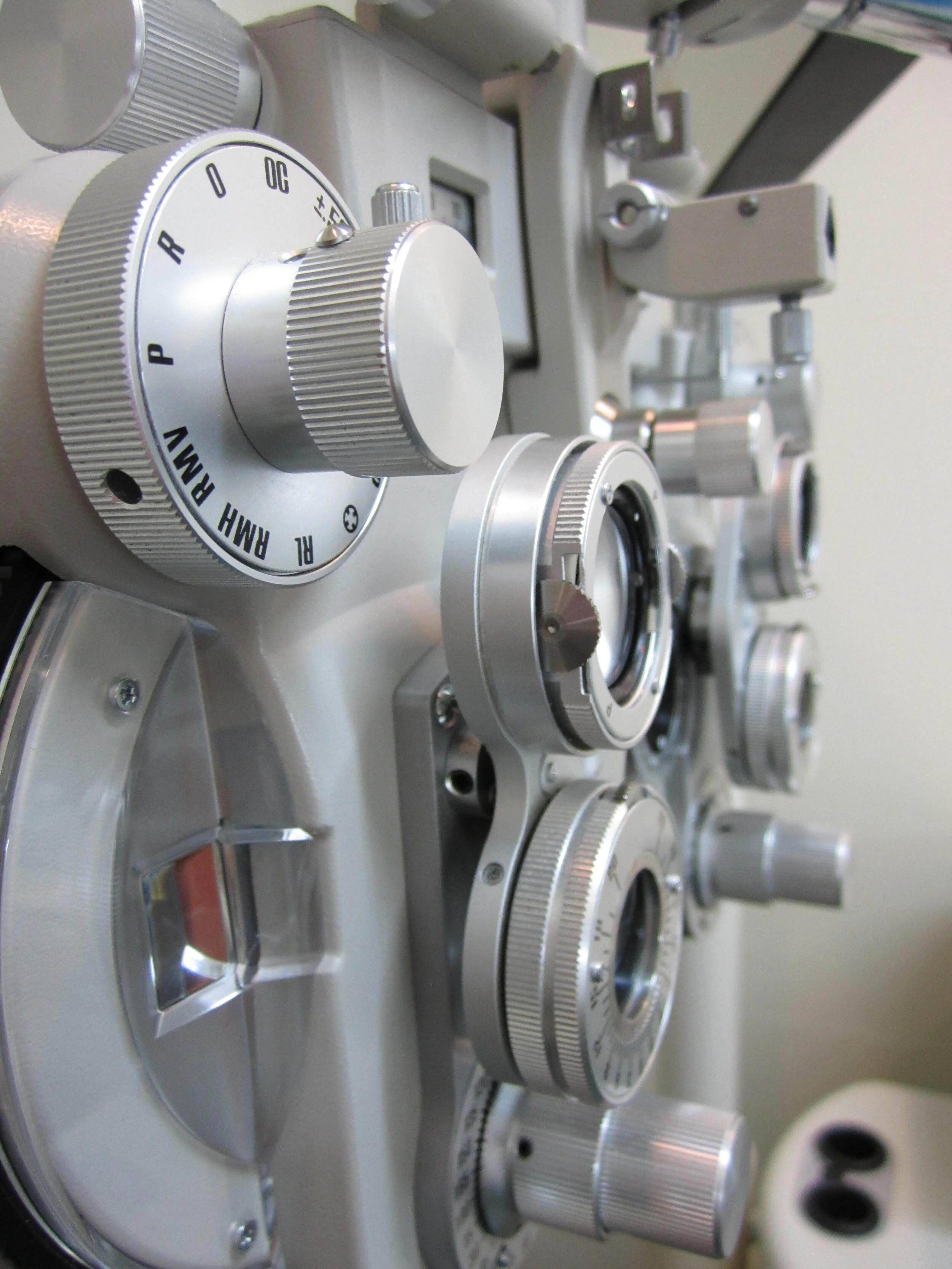This week is Mahurangi College’s annual Careers night. We are always keen to talk to young people about different careers in optics.
We share information about both working as Optometrists and Dispensing Opticians. Interested? Read on.
OPTOMETRIST
Do you like biology, physics and maths? Do you want to help people? Becoming an Optometrist may be the career for you.
What is an Optometrist?
An eye professional who examines eyes to help fix vision problems e.g. prescribing glasses or fitting contact lenses. An optometrist also diagnoses and manages eye diseases such as glaucoma and cataracts. Optometrists also remove eyelashes, treat eye infections and remove foreign bodies in the eyes!
How do I become an Optometrist?
You need a Bachelor of Optometry (BOptom) from the University of Auckland. Your first year is in the Bachelor of Science degree doing the biomedical science specialisation (like first year students doing medicine). Then you apply for the Bachelor of Optometry degree. Candidates are selected for interviews based on grades, and places offered based on grades & interview. B Optom degree takes 4 further years. Once you have a BOptom you are a fully qualified optometrist (no internship required).
Is optometry all just glasses?
No. Although prescribing glasses is part of an optometrist’s role, there are multiple specialisations including paediatrics, low vision, behavioural optometry (working with children with learning difficulties and patients with head injuries), sports optometry, hospital optometry and contact lenses.
Do I have to do surgery?
No, optometrists are not medically trained and don’t do surgery. A person who needs eye surgery is referred to an eye specialist (called an ophthalmologist). Optometrists can treat many other eye conditions with prescription medications.
What are the job prospects like?
Good. Most graduates succeed in getting a job after university. The population is aging so there is a greater need for glasses and more eye disease. With a BOptom you can work in New Zealand and Australia.
What is the work/life balance like as an optometrist?
Very good. Regular office hours and the freedom to choose where to live and work.
Qualities of a good optometrist:
Accurate, eye for detail, good communicator, friendly and loves meeting new people, ability to think on your feet, problem solving
DISPENSING OPTICIAN
Are you doing Level 2 Maths?
Do you want to help people? Are you interested in getting a qualification while you work? Find out about becoming a Dispensing Optician.
What is a Dispensing Optician?
Dispensing Opticians (DO’s) interpret prescriptions from optometrists and ophthalmologists (eye specialists) for glasses or contact lenses, help people find suitable frames and lens systems, and fit and assemble glasses. DOs are qualified and registered Healthcare Practitioners.
DO’s need up-to-date knowledge of frames and lenses. Technology is constantly changing and new developments are improving what is possible with frame and lenses.
How do I become an DO?
DO’s train on the job, completing a correspondence course with Open Training and Education Network (OTEN) through TAFE NSW, Australia. Training also includes several block courses (usually held in New Zealand). To achieve the qualification students must have completed 100 hours of work as well.
Where do DO’s work?
DO’s own and operate their own businesses, or work for optometrists or corporate optical outlets.
Qualities of a good DO
Accurate, eye for detail, good communicator, friendly and loves meeting new people, enjoys teamwork, problem solver.
Want to know more?
Contact us if you would like to find out more about this career choice. We are happy to offer work experience visits. We can help you find training opportunities if you think a career in Optics is appealing.




